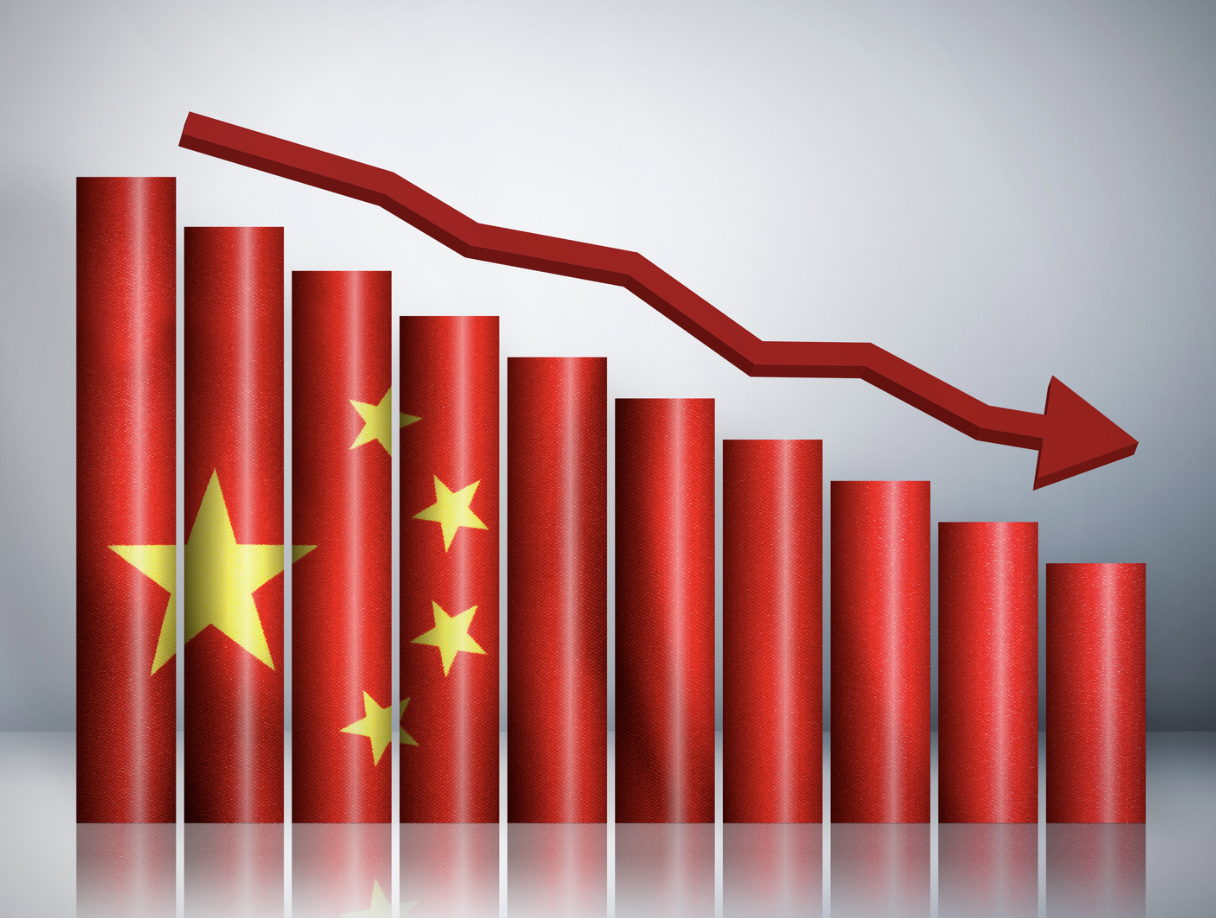China’s policymakers need to shift focus toward boosting domestic demand to address rising deflationary pressures, according to Yi Gang, former head of the People’s Bank of China (PBoC). Speaking at the Bund Summit in Shanghai on Friday, Yi emphasized the need for proactive fiscal and accommodative monetary policies to support the economy.
“I think right now they should focus on fighting the deflationary pressure,” Yi noted, adding, “The key word is: how to improve domestic demand, how they can successfully deal with the situation of the real estate market as well as the local government debt problem, and influence the confidence of society.”
In contrast to rising inflation in the U.S. and Europe, China has seen its consumer prices fall over the past year. While there has been a slight recovery, domestic demand remains weak, with economists forecasting the consumer price index (CPI) to rise to 0.70% year-on-year in August, up from 0.5% in July. This would mark the fastest increase since February’s 0.7% rise.
Yi predicted that CPI would “converge above zero by the end of the year,” while the producer price index (PPI) is expected to approach zero after months of negative readings. July’s core CPI, which excludes food and energy prices, rose by 0.4% year-on-year, down from June and May’s 0.6%.
China’s real estate market has remained a central issue for policymakers. Despite efforts to bolster the sector, investment and sales in new properties have continued to fall, dampening consumer confidence and domestic spending.
Zou Lan, director of the PBoC’s monetary policy department, said the central bank has room to lower the reserve requirement ratio (RRR) — a tool that determines how much cash banks must keep on hand — to further support the economy.
“Managing the housing crisis and ensuring sufficient domestic demand are critical to maintaining high economic growth,” said Jeffrey J. Schott, senior fellow at the Peterson Institute for International Economics. He stressed that sustaining growth is essential to raising living standards in China.
Former Bank of Japan Governor Haruhiko Kuroda, who also spoke at the summit, warned against prolonged deflation, citing Japan’s 15-year deflationary period, which stunted wage growth. However, he pointed out that China’s deflationary episode has been far shorter and more manageable than Japan’s experience.
Global Stock Markets React To China’s Economic Weakness Amid US Interest Rate Speculation





